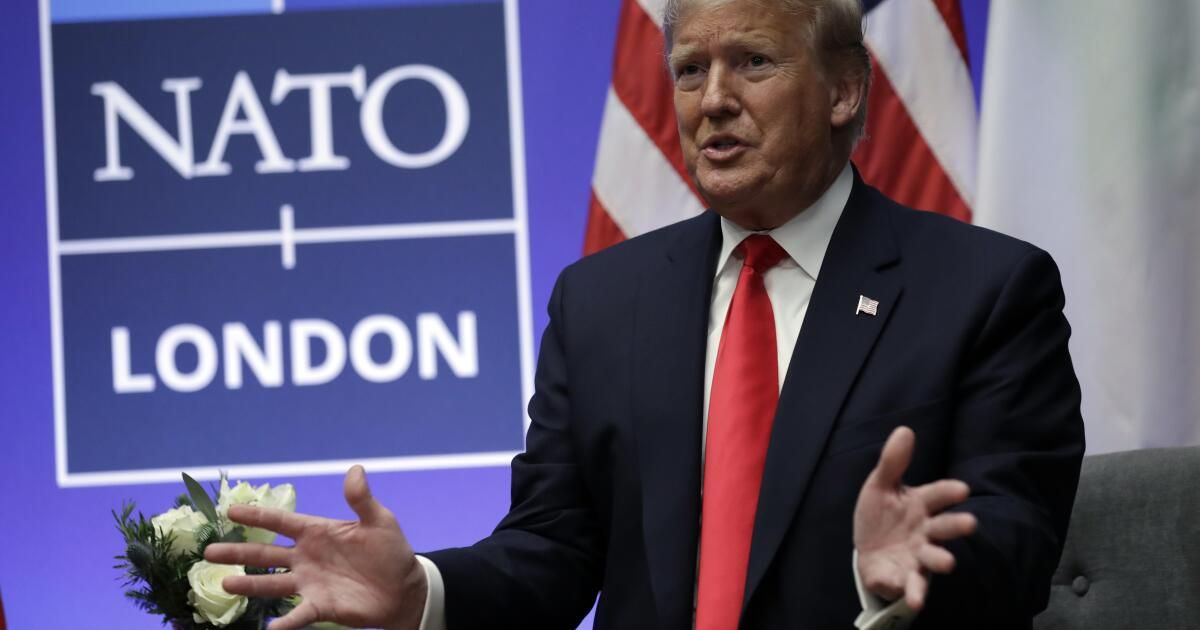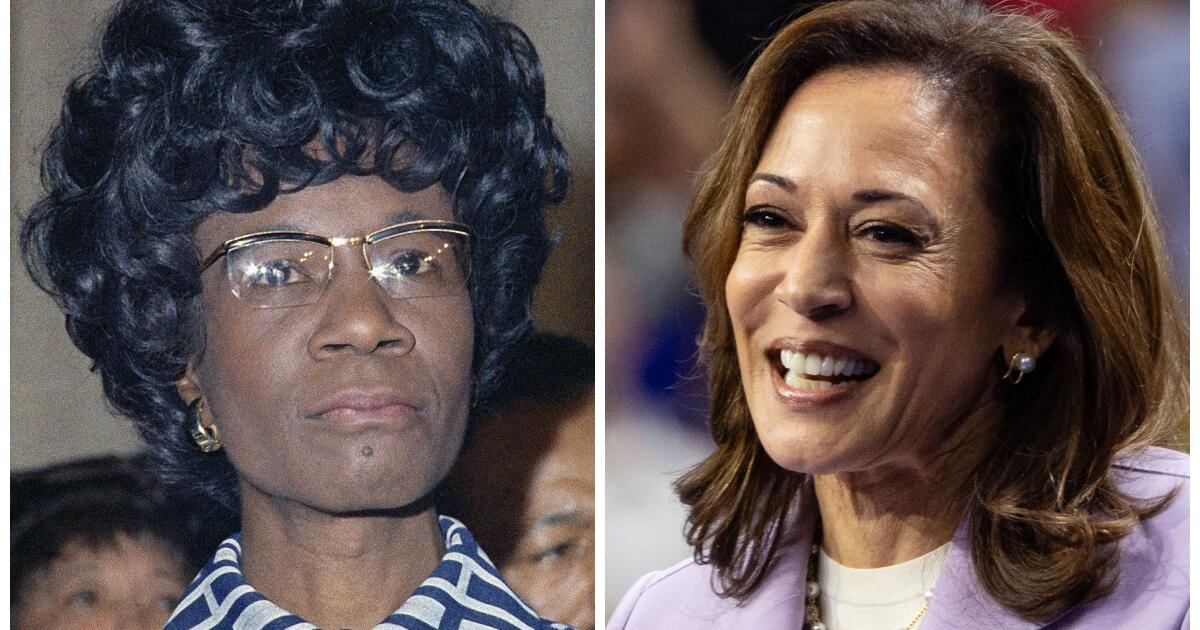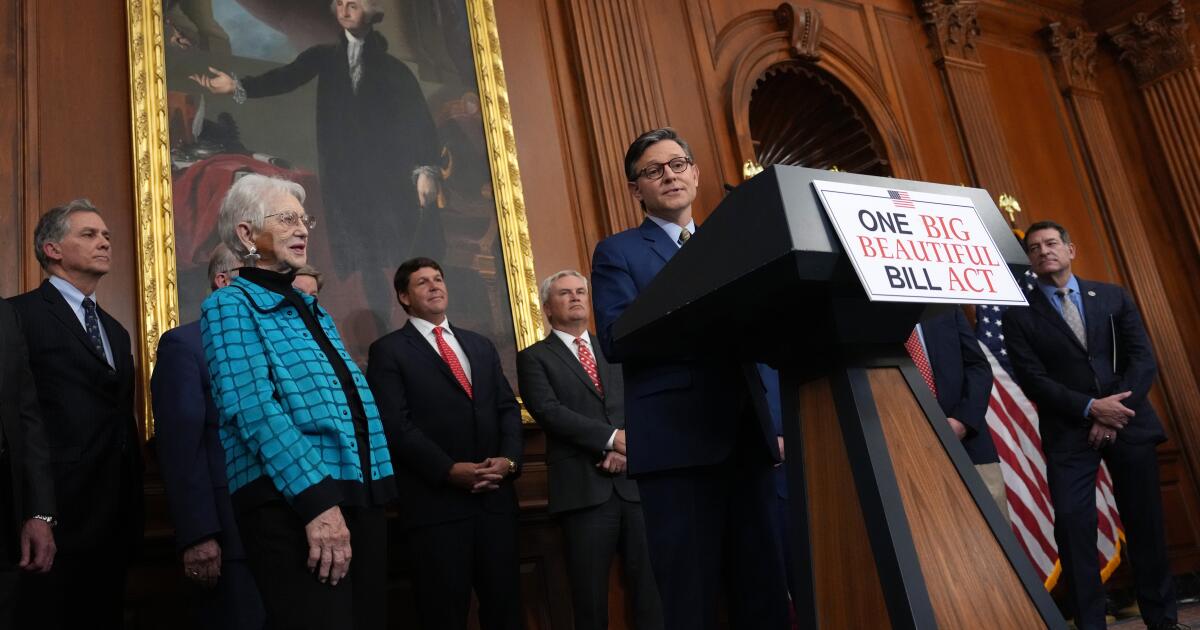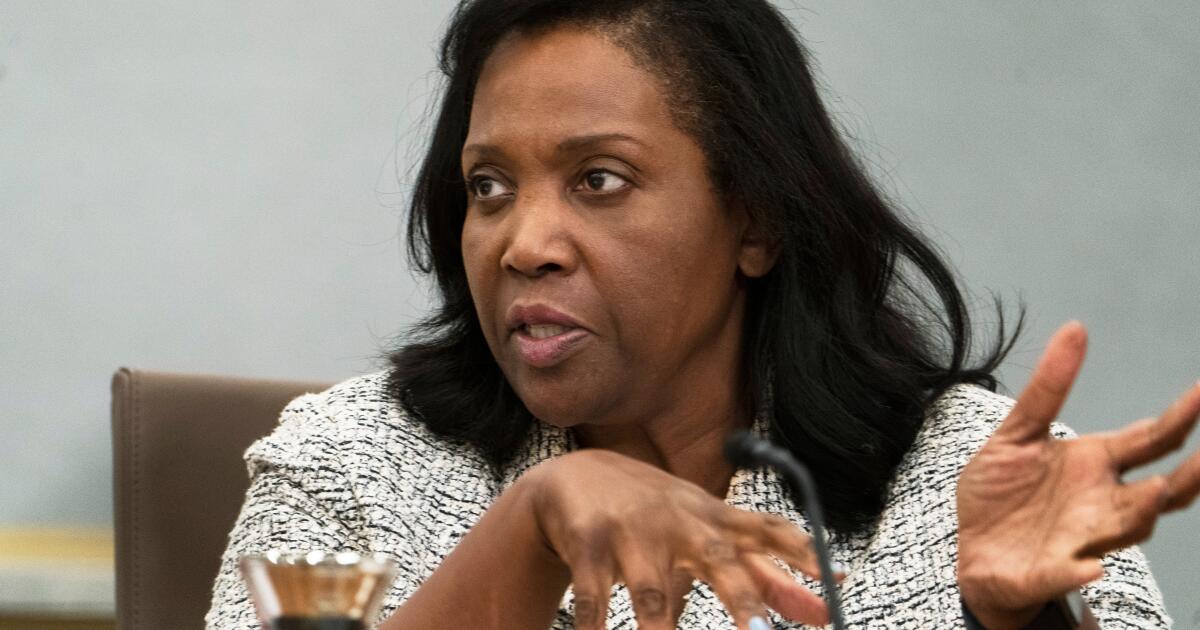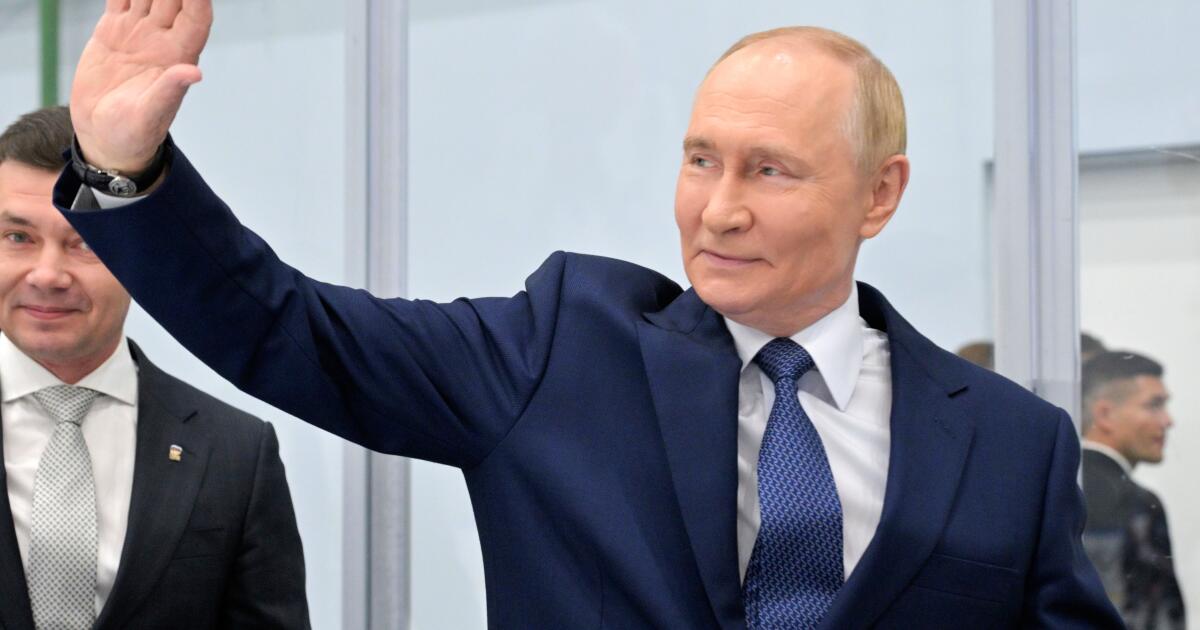Given that Donald Trump speaks ill of a variety of topics, it is tempting to dismiss the tirade in which he suggested that, as president, he would encourage Russia to attack NATO allies that were “defaulting” on their financial obligations.
That would be a mistake. Trump's comments are alarming even if he is not seriously urging an act of war against a U.S. ally or suggesting that, if elected, he would pull the United States out of NATO. Instead of trying to justify Trump's outrageous comments, his allies in Congress should condemn them.
Speaking at a rally in Conway, South Carolina, over the weekend, Trump relayed an incident in which the president of a “large country” (presumably a NATO member state) allegedly asked Trump “if not We pay and we are attacked.” For Russia, will you protect us? Trump said he responded: “No, I wouldn't protect you. In fact, I would encourage them to do whatever they want.”
Some prominent Republicans disparaged his comments. Sen. Marco Rubio (R-Fla.) noted in an interview with CNN that virtually every president has complained that other NATO countries aren't doing enough. “Trump is just the first to put it in these terms,” Rubio said, “but I don't have any concerns, because he's been president before.” Sen. Lindsey Graham (R-S.C.) told Reuters that while he disagreed with Trump's language, “Russia didn't invade anyone when he was president and if he's president again, they won't.” “.
It's true that Trump is not the only president calling on NATO member states to spend more on defense. Those criticisms seem to have had a positive effect. Some NATO states are now meeting the goal of spending at least 2% of their gross domestic product on defense. NATO member states have also joined the United States in assisting Ukraine, which is not a member of the alliance, in its resistance to Russian aggression.
It is important that all members of the North Atlantic Treaty Organization meet the 2% target. But that should not be a condition for benefiting from the alliance's commitment to mutual defense. That principle is reflected in Article 5 of the North Atlantic Treaty, which says that “An armed attack against one or more of them in Europe or North America will be considered an attack against all of them. This commitment is not a one-way street. The United States benefited from Article 5 after the 9/11 terrorist attacks, when NATO invoked that provision to support the military mission in Afghanistan.
Trump is perhaps unlikely to try to pull the United States out of NATO. For one thing, Congress passed legislation last year that would require an act of Congress or approval by two-thirds of the Senate before the president could withdraw the United States from the alliance. However, that doesn't make his comments any less destructive. If Russia believes that Trump as president was not committed to NATO and the principle of collective defense, she could feel encouraged to act openly or through subversion against neighboring NATO countries.
Not surprisingly, Trump's latest comments are raising concerns about his support for the alliance, which he once dismissed as “obsolete.” On Sunday, NATO Secretary General Jens Stoltenberg warned: “Any suggestion that allies will not defend each other undermines all of our security, including that of the United States, and puts American and European soldiers at greater risk.” . A Biden White House spokesperson called Trump's statement “appalling and unhinged,” a political response that is also a statement of fact.
Arguments abound as to why Trump is unfit to return to the White House, beginning with his attempts to overturn the 2020 election that culminated in the Jan. 6, 2021, attack on the U.S. Capitol. But voters should also reject his candidacy because of his hostility toward NATO and the international order the alliance has helped create.

